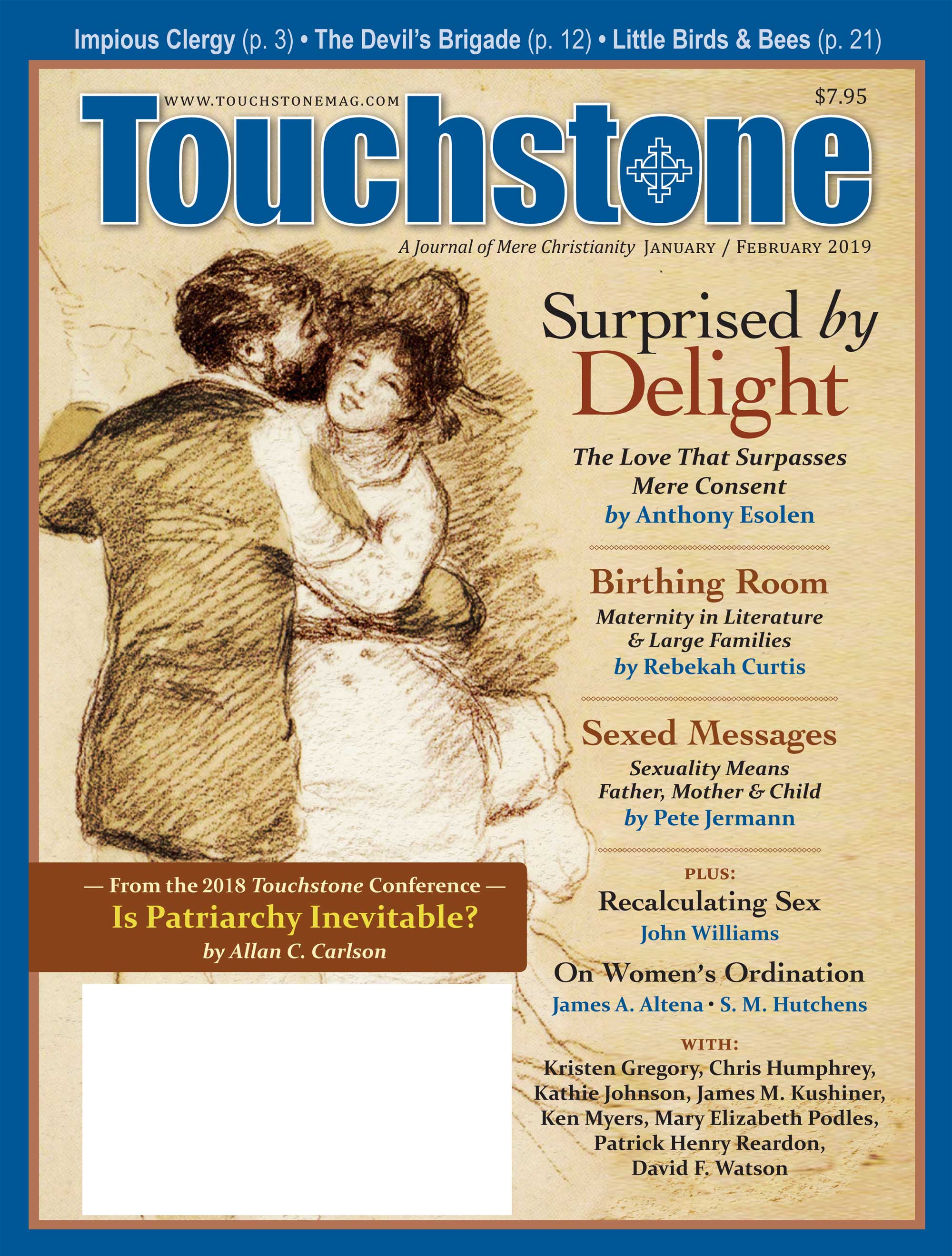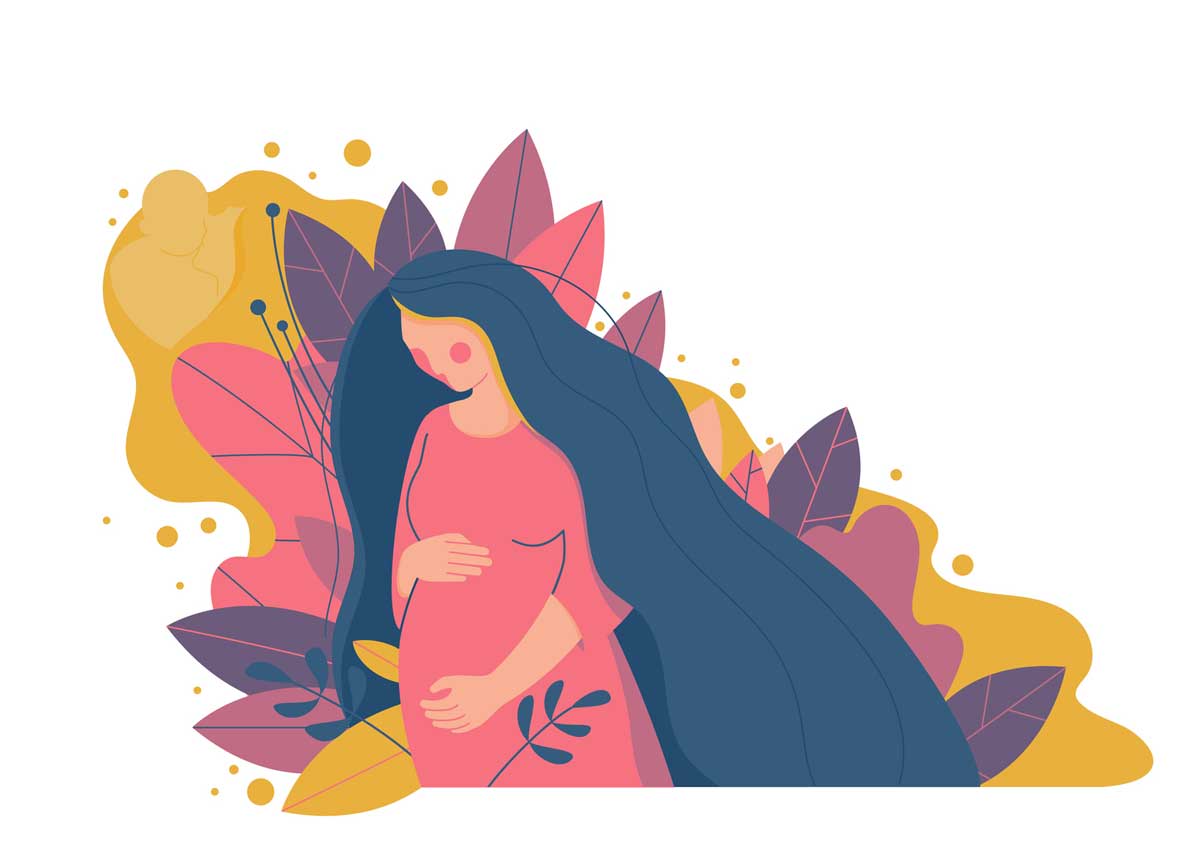View
The Life of Sean
David F. Watson on Down Syndrome & the Lives That Matter
As I watch my eleven-year-old son, Sean, make movies on his iPad, I worry about the future. In this era in which many have taken it upon themselves to insist loudly and publicly that their lives matter, many also insist that lives like Sean's do not. Last March, the Washington Post published an article by Ruth Marcus entitled "I would've aborted a fetus with Down syndrome. Women need that right." As a thought experiment, replace the words "with Down syndrome" with terms for other categories of people. Substitute a particular racial group, gender category, or sexual orientation. The hue and cry over such an article would rattle the heavens. Western culture has developed a normally unspoken hierarchy of humanity, and people with diminished intellectual capacities are on the low end of it.
One might object that categories of race, gender, and sexual orientation do not carry with them the familial and social burdens that people with Down syndrome do. This assumes that "burden" is an appropriate criterion for abortion, an assumption I reject. For the sake of argument, however, let's grant the validity of this position for a moment. At what point, then, do we decide that the level of "burden" justifies the elimination of an entire category of people?
If you would prefer a closer analogy than that of race, gender, or sexual orientation, replace "Down syndrome" in the headline with another genetic condition, like a predisposition to obesity. "I would've aborted a fetus with a genetic propensity to become obese. Women need that right." Think of the strain that obese people place on our healthcare system. If we could only eliminate such people before they were born. . . . Or how about: "I would have aborted a fetus with a genetic predisposition toward depression." Or "alcoholism." Or "Alzheimer's." Or "autism." It is now possible to administer a highly accurate prenatal test for Down syndrome. No doubt the medical community will in time develop tests for other conditions as well. Imagine the headlines our children will read twenty years from now.
To its credit, the Post did publish an opposing opinion by George Will called "The real Down syndrome problem: Accepting genocide." Will defines genocide as "the deliberate, systematic attempt to erase a category of people." Consider also the eugenic character of efforts to eradicate people with Down syndrome. We are witnessing a concerted attempt to eliminate an entire category of people precisely because these people bear genetic characteristics considered undesirable. This has, by and large, already happened in Iceland, and it is happening in other parts of Western Europe and the United States. People with Down syndrome are depicted as inflicting a burden on both their families and the wider society. Therefore, this line of thought goes, their elimination makes life easier for all of us. One wonders which group of undesirables will next bear the unfortunate label of "burden."
Conferring Value on Lives
Do not miss the significance of an article making the case for eugenics appearing in the Washington Post. It is now entirely acceptable to depict people like Sean as superfluous both to families and to society. These people are commonly understood to matter less than other people. Let's be clear about what is happening here: the devaluing of a certain category of people because of a disability. That is the very definition of ableism. To suggest, then, that it is appropriate to eliminate this category of people in the womb is nothing less than to advocate eugenics. Why is this not considered hate speech? In a world where college students have to run to their safe spaces when a tenured professor opts not to use their preferred pronouns, how is it acceptable to advocate ableist, eugenic policies in an established forum such as the Washington Post?
The reason is that, culturally speaking, we determine the value of certain categories of people by the effectiveness of those who advocate on their behalf. In Western culture, the church has lost a great deal of its once-pervasive influence. Some people—many, in fact—insist that this is a good thing. We have finally thrown off the puritanical shackles of Christianity and entered into a new era of individual freedom. This, however, is a lie. We are no freer than we were before. We have simply decided to serve different masters.
We have entered into an era in which we have to insist that various categories of lives actually matter. The Black Lives Matter movement has given rise to other advocacy groups. We are now reminded that blue lives, brown lives, and gay lives matter. In response to these various slogans, some people have begun to insist that "all lives matter." But do they? The emergence of these advocacy movements suggests that any widespread cultural notion that human life is intrinsically valuable has vanished. We now establish the value of lives through the will to power. Nietzschean voluntarism has replaced philosophical and theological notions of the intrinsic value of human life.
In this world, people with Down syndrome are at a significant disadvantage. Because they normally experience diminished intellectual capacity compared to "typical" people, it is very difficult for them to enter into the arenas of advocacy and public discourse. The will to power is not within their grasp. We might expect their parents to advocate on their behalf, and some do, but the abortion rate of children with Down syndrome indicates that their parents are often the very ones from whom they need protection.
The Need for Clarity
David F. Watson serves as Academic Dean and Professor of New Testament at United Theological Seminary in Dayton, Ohio. His most recent book is Scripture and the Life of God: Why the Bible Matters Today More Than Ever (Seedbed, 2017), and he blogs at www.davidfwatson.me. David and his wife, Harriet, have two children, Luke and Sean.
subscription options
Order
Print/Online Subscription

Get six issues (one year) of Touchstone PLUS full online access including pdf downloads for only $39.95. That's only $3.34 per month!
Order
Online Only
Subscription

Get a one-year full-access subscription to the Touchstone online archives for only $19.95. That's only $1.66 per month!
bulk subscriptions
Order Touchstone subscriptions in bulk and save $10 per sub! Each subscription includes 6 issues of Touchstone plus full online access to touchstonemag.com—including archives, videos, and pdf downloads of recent issues for only $29.95 each! Great for churches or study groups.
Transactions will be processed on a secure server.
more on family from the online archives
more from the online archives
calling all readers
Please Donate
"There are magazines worth reading but few worth saving . . . Touchstone is just such a magazine."
—Alice von Hildebrand
"Here we do not concede one square millimeter of territory to falsehood, folly, contemporary sentimentality, or fashion. We speak the truth, and let God be our judge. . . . Touchstone is the one committedly Christian conservative journal."
—Anthony Esolen, Touchstone senior editor














